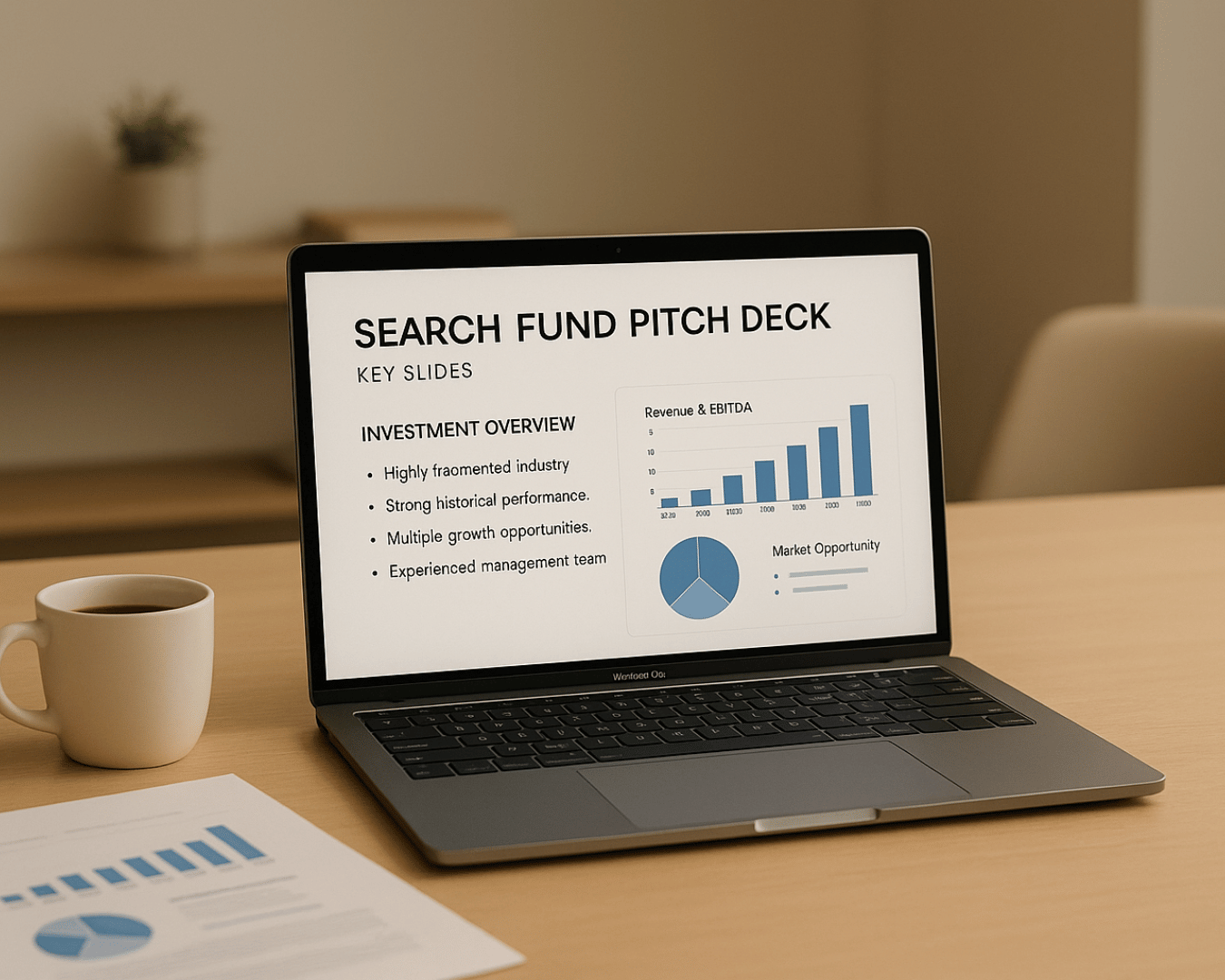The COVID-19 pandemic has reshaped how small and medium-sized business (SMB) acquisitions work. Here's what you need to know:
- Valuations Have Changed: Historical performance is no longer the main factor; buyers now focus on future potential and risk.
- Buyer Preferences: Businesses that survived the pandemic with strong digital operations and diversified revenue streams are more appealing.
- New Players in the Market: First-time buyers are entering the space, often with smaller budgets and a focus on technology-driven opportunities.
- Industry Winners and Losers: E-commerce, healthcare technology, and logistics thrived, while hospitality and physical retail continue to struggle.
- Digital Tools Are Critical: Digital transformation has become a key factor in valuation, with buyers prioritizing companies that use AI, automation, and online systems.
- Economic and Regulatory Challenges: Inflation, rising costs, and compliance hurdles add complexity to deals, but opportunities remain strong due to retiring business owners and international growth.
The SMB acquisition landscape now rewards businesses with digital readiness, diverse revenue streams, and resilience. Buyers are leveraging technology and expert advisors to navigate this evolving market.
He Closed $950 Million in SMB Acquisitions - How to Buy a Business like a Pro
How Buyer Behavior Changed After COVID-19
The COVID-19 pandemic reshaped what buyers look for in small and medium-sized business (SMB) acquisitions. Beyond the usual financial metrics, buyers now place greater importance on qualities like adaptability, transparent communication, and a commitment to social responsibility. These factors signal a company's ability to handle uncertainty, making them more appealing in today’s market.
Buyers Want Businesses That Survived COVID-19
Buyers are now drawn to businesses that showed resilience during the pandemic by staying flexible, maintaining clear communication, and prioritizing social responsibility. Companies that adapted quickly and kept open lines of communication with both customers and employees have become particularly attractive.
"The pandemic has taught us that we're providing an essential service, so we need to ensure that we can provide this service reliably no matter the circumstances."
- Sean Nguyen, Director, Internet Advisor
Businesses with strong online operations and a proven ability to use digital tools to innovate and seize new opportunities are in high demand. Supporting this shift, 43% of small businesses managed to stay operational during the pandemic, and 75% of small-business owners now feel more confident in their readiness to face future challenges.
More First-Time Buyers Enter the Market
The pandemic also led to a rise in first-time buyers entering the SMB acquisition space, transforming what was previously a seller’s market into a buyer’s market. Among these new buyers, 57% cited a desire for control as their main motivation, and over half (52%) started their businesses with less than $10,000 in funding. This accessibility has opened the door for individual investors, though many of them approach deals cautiously, often extending the due diligence process.
These new buyers also bring a tech-forward mindset. For instance, 70% of new businesses were technology-driven from the start, and 75% of SMBs are now prioritizing investments in artificial intelligence.
Buyers Focus on Reducing Risk Through Diversification
Diversification has become a key strategy for reducing risk, especially as the pandemic highlighted the vulnerability of businesses relying on a single revenue stream. Buyers now gravitate toward companies with multiple revenue sources or a clear plan to diversify. Alicia Williams, Director of the Genus team at Shorts, explains:
"Business diversification refers to the strategic expansion of a company into new products, services, or markets to reduce risk, capture new opportunities, and enhance overall business resilience."
This shift has also led to increased use of flexible deal structures, such as earn-outs and equity rollovers, to account for future uncertainties. A notable example of diversification in action is an Indonesian MSME that pivoted from apparel to launch "Titut Kitchen", adding a café to its existing fabric gallery and production business.
Although mergers and acquisitions (M&A) activity initially dropped by over 50% in early 2020 - falling to $253 billion compared to 2019 - the market is steadily recovering as buyers adjust their strategies to align with these new priorities.
Industry Performance and Valuation Changes
The pandemic reshaped the business landscape, creating clear winners and losers across industries and altering how companies are valued in the SMB acquisition market. While some sectors saw rapid growth, others faced ongoing struggles, influencing their appeal and pricing in today’s market. These shifts highlight the changing priorities of buyers as they assess acquisition opportunities in the post-pandemic world.
Industries That Thrived During the Pandemic
Certain industries flourished as consumer habits transformed during COVID-19. E-commerce was a standout, with online sales jumping from roughly 15% of retail sales to an expected 25%. This surge has made e-commerce businesses highly attractive to buyers, thanks to their established digital revenue streams.
Another big winner was healthcare technology, especially telemedicine. Telehealth usage in the U.S. increased by an estimated 50% since the pandemic began, and the sector is projected to reach $16.7 billion by 2025.
Other industries also experienced notable growth. Logistics and delivery services benefited from the rise in home delivery demand, with food delivery alone expected to make up 21% of the restaurant market by 2025, compared to a pre-pandemic forecast of 15%. Additionally, sectors like toys, gardening tools, and drug discovery saw increased demand, driven by shifts in consumer priorities and behaviors.
Declining Valuations in Struggling Industries
Not all sectors fared well. Industries heavily reliant on in-person interactions, such as hospitality, restaurants, and physical retail, continue to face lower valuations. A study by Deloitte revealed that only 37% of sellers in these sectors identified strategic buyers, compared to 52% before the pandemic. Rising inflation and operational costs have further strained these businesses, especially those dependent on global supply chains, which have been hit by higher energy and material prices.
In this environment, buyers are placing greater emphasis on forward-looking metrics like forecasts and budgets rather than past performance. In some cases, valuing businesses based on their assets or costs has become more relevant than historical earnings. However, companies that have successfully navigated pandemic-related challenges or outperformed their competitors often command higher prices and face fewer structural issues during acquisitions.
Digital Capabilities as a Key Value Driver
The pandemic fast-tracked digital transformation, making digital capabilities a critical factor in business valuation. Before COVID-19, over 60% of businesses in North America and Western Europe had minimal digitization. Afterward, 70% of small businesses either adopted new digital tools or upgraded their existing systems.
This shift has significantly improved operational efficiency. Today, 95% of U.S. small businesses use at least one technology platform, with 87% reporting efficiency gains. Notably, nearly one in four small businesses have adopted artificial intelligence, with AI users showing a 12-point higher likelihood of profit growth compared to non-AI users.
Digital transformation has also driven a shift in business models. Companies are moving away from one-time sales toward ongoing customer relationship management and subscription-based models, such as everything-as-a-service (XaaS). These models emphasize recurring revenue and customer lifetime value, which are now key valuation metrics.
Take online grocery shopping as an example. By the end of 2021, it was projected to account for 6.4% of global grocery sales. Businesses that successfully blend digital and physical processes to enhance customer experiences often achieve higher valuations. For SMB acquisitions, having strong digital capabilities - like a solid online presence and agile operations - has become essential. These qualities not only drive higher acquisition prices but also lead to faster deal closures, making them a top priority for buyers looking to optimize their investments.
sbb-itb-a3ef7c1
Current Market Opportunities and Obstacles
The post-pandemic landscape for small and medium-sized business (SMB) acquisitions is a mix of promising opportunities and notable challenges. While some conditions favor strategic buyers, ongoing economic uncertainty and regulatory hurdles play a significant role in shaping deal structures and timelines. To navigate this environment effectively, it’s critical to understand these dynamics, which set the stage for the targeted acquisition strategies outlined below.
Opportunities for Smart Buyers
The current market offers a range of opportunities for savvy buyers. One of the most notable trends is the Silver Tsunami, where a wave of retirements is boosting the number of businesses available for acquisition. Many of these businesses are priced attractively, as owners prioritize succession planning over maximizing sale prices.
Entrepreneurial activity is also surging. In 2024, the U.S. is seeing an average of 430,000 new business applications each month - a 50% jump compared to 2019. Small businesses have been a driving force, contributing over 70% of net new jobs since 2019. Looking ahead, more than 70% of small business leaders expect revenue growth in the next year.
Certain industries are experiencing particularly strong growth. For instance, the home service industry grew by 11% year-over-year in 2024, with 217,000 new businesses emerging. This growth is fueled by favorable housing trends and seasonal demand.
Modern buyers are also increasingly drawn to purpose-driven acquisitions. Millennials and Gen Z entrepreneurs now see corporate social responsibility (CSR) as a key factor in their decision-making, creating opportunities for businesses with strong CSR foundations to command higher valuations.
Additionally, buyers are prioritizing companies with established systems for AI, automation, and remote work - tools that enhance operational efficiency. Businesses with durable competitive advantages and strong leadership teams are particularly appealing.
Economic Uncertainty and Regulatory Hurdles
Despite these opportunities, challenges persist. Economic uncertainty remains a major concern, with 77% of business leaders reporting rising costs. However, only 14% believe a recession is imminent or already underway. Ginger Chambless, Head of Research at Commercial Banking, noted:
"Leaders are optimistic and focused on growth for 2025. Recession concerns have dropped as businesses, consumers and markets have handled a period of elevated inflation and interest rates better than expected. Confidence in the soft-landing scenario has increased, and business leaders are facing forward with a positive mindset".
Regulatory compliance adds another layer of complexity, especially in areas like data privacy, labor laws, and environmental standards. Around 60% of SMBs report difficulties in adopting new technologies, highlighting the need for buyers who bring technical expertise. Effective workforce management and maintaining customer trust are also critical factors.
International Deals Become More Common
Cross-border SMB acquisitions are gaining traction, thanks to digitalization and expanding global markets. Small businesses now account for nearly three-fourths of merger and acquisition activity and represent the second-largest Total Addressable Market for retail cross-border payments.
Natalie Madeira Cofield, President and CEO of the Association for Enterprise Opportunity (AEO), emphasized the importance of SMBs, saying:
"Small businesses are the backbone of our economy, driving innovation, creating jobs, and fostering economic resilience".
The rise in e-commerce has amplified the demand for efficient cross-border payment solutions and international acquisition capabilities. However, these deals come with their own set of challenges, including higher processing costs and legal complexities, which require thorough due diligence.
For buyers exploring international acquisitions, careful evaluation of transaction costs and processing speeds is essential. Digital tools that streamline global operations can significantly improve performance by ensuring a strong technology infrastructure.
Clearly Acquired, for example, uses AI-powered tools and verified deal flow to simplify international acquisitions. By combining on- and off-market sourcing with specialized financing, they help buyers navigate the complexities of cross-border deals. These trends highlight the growing importance of advanced tools in capturing global opportunities.
Using Technology and Expert Help for Better Deals
The landscape of small and medium-sized business (SMB) acquisitions has shifted significantly in the wake of the pandemic. With increased complexity and risk, leveraging digital tools and expert guidance has become critical. In fact, three out of five small business leaders say the pandemic accelerated digital transformation within their companies. Today, technology platforms and professional advisory services play a central role in navigating this evolving market.
Technology Platforms Simplify Deal Discovery
Modern technology has revolutionized how buyers find and evaluate potential acquisitions. Post-pandemic, 71% of respondents reported adopting digital tools for communication. This trend has driven the development of platforms that offer verified listings, AI-driven analytics, and streamlined due diligence workflows.
Davis Trice, Director of Client Services at Morning Consult, highlighted this shift:
"We've seen a huge acceleration of digital transformation among small business decision-makers. They've become very accelerated in changing to a more tech-focused company and more innovative".
Take Clearly Acquired as an example. This platform combines on-market and off-market deal sourcing with AI-powered tools, enabling buyers to find opportunities more efficiently. Features like advanced search filters, automated NDA processes, and AI-enhanced private data rooms help streamline evaluations.
These tools address a major need in the SMB acquisition market by automating repetitive tasks and filling resource gaps. They also provide advanced analytics, giving buyers the insights needed to make smarter decisions. Still, while technology can simplify processes, expert advisory services remain crucial for navigating the complexities of deal structuring.
Expert Advisors Help Navigate Complex Deals
Alongside the efficiencies brought by technology, professional advisors provide essential support in tackling regulatory and funding challenges. As deal structures grow more intricate, expert guidance ensures buyers can navigate hurdles like compliance, financing, and valuation adjustments.
Buy-side advisory services now cover everything from deal sourcing to post-acquisition integration. Their expertise helps buyers avoid common mistakes and maximize the value of their acquisitions.
Broader Financing Options Support SMB Buyers
The financing landscape has also expanded, with technology platforms now offering access to a variety of funding sources. Traditional banks often reject as many as 80% of small business loan applications, which has driven the growth of alternative financing options.
For instance, VOX Funding has secured a $150 million credit facility to provide flexible funding solutions for U.S. businesses, having already funded over $750 million since 2018. As VOX Funding CEO Adam Benowitz explained:
"enables us to continue our mission, deepen the value we offer to our partners, and maintain the standard of what alternative financing should look like in 2025 and beyond".
Platforms like Clearly Acquired also offer a wide range of financing options, including SBA loans (7a and 504), equipment financing, merchant cash advances, lines of credit, real estate loans, partner buyouts, and equity injections. Buyers are advised to clearly define their capital needs and plan for potential funding delays of up to 60 days.
Steve Taplin, CEO at Sonatafy Technology, offered this caution:
"Loans with restrictive covenants can suffocate your business. Look for flexible terms that allow you to run your company without constant oversight".
Key Points for Today's SMB Acquisition Market
The small and medium-sized business (SMB) acquisition market has undergone significant changes in the wake of the pandemic, presenting both opportunities and hurdles. Merger and acquisition (M&A) activity has bounced back impressively, with transaction values climbing 5% in the first half of 2024 compared to the previous year. This resurgence builds on the remarkable momentum of 2021, when U.S. transactions hit $2.9 trillion - a dramatic leap from $1.9 trillion in 2020.
SMBs are playing a major role in driving economic growth. Since 2019, they’ve been responsible for over 70% of net new job creation and now represent about half of all private-sector employment. The entrepreneurial spirit remains strong, with an average of 430,000 new business applications filed each month in 2024 - up 50% from 2019. Women are also making their mark, accounting for 43% of self-employed individuals in the U.S.. This surge in activity is fueling investments in technology, which has become a cornerstone of SMB valuations.
Technology is now a critical factor in SMB success and valuation. In 2023, SMBs globally were projected to spend $1.45 trillion on IT, reflecting a 6% increase from the previous year. Cybersecurity is also a growing priority, with spending rising from $69 billion in 2022 to $77 billion in 2023. Having emerged from the pandemic, many SMBs are leaning toward managed IT services that support growth without requiring in-house expertise.
However, financing remains a significant challenge despite the market's recovery. Traditional banks continue to reject up to 80% of small business loan applications. Additionally, the financing gap for micro, small, and medium enterprises (MSMEs) in developing countries has reached a staggering $4.8 trillion. This underscores the urgent need for alternative funding solutions.
Strategic buyers are adapting to these shifts by embracing technology and professional advisory services. Many are turning to managed and cloud-based solutions to drive growth while avoiding the complexities of internal IT management. Platforms like Clearly Acquired illustrate this trend, combining AI tools with flexible financing options to enable tech-focused acquisition strategies.
As these trends evolve, the market increasingly rewards businesses with strong digital foundations and adaptability. Buyers are now prioritizing acquisitions that integrate advanced digital tools, expert advisory support, and flexible financing solutions. This combination has reshaped the SMB acquisition landscape, creating a more sophisticated and tech-driven environment where success hinges on leveraging the right mix of technology, expertise, and financial strategies.
FAQs
How have small business valuations changed after the pandemic, and what are buyers focusing on now?
Small business valuations have climbed since the pandemic, fueled by growing competition among private equity firms and individual investors. Buyers are now willing to pay higher valuation multiples, particularly for businesses in sectors that demonstrated resilience and growth during the pandemic.
Today's buyers are focusing on a few critical factors: a solid digital presence, evidence of operational flexibility, and clear growth opportunities. Companies that excel in digital marketing and have scalable operations stand out as especially appealing. These qualities not only align with current market trends but also address the need for long-term stability and reduced risk in a post-pandemic world.
How is digital transformation shaping small business acquisitions, and why does it impact valuations?
Digital transformation is changing the game for small business acquisitions, making the entire process of sourcing, evaluating, and closing deals smoother and more efficient. With tools powered by AI and other advanced technologies, transactions are now faster, easier to manage, and more streamlined - offering clear advantages for buyers, sellers, and investors.
When it comes to determining value, businesses that integrate digital tools and strategies tend to stand out. Strong digital systems signal operational efficiency, scalability, and potential for future growth - all critical factors that can lead to higher valuations. In today’s fast-paced market, embracing digital transformation isn’t just a nice-to-have; it’s a must for staying competitive and maximizing value in the world of small business acquisitions.
What challenges and opportunities do first-time buyers face when acquiring small businesses after the pandemic?
First-time buyers stepping into the small business acquisition market post-pandemic are encountering some tough hurdles. Among the biggest challenges are cash flow limitations, supply chain hiccups, and employee retention struggles. These obstacles can complicate securing financing and keeping operations running smoothly.
That said, this shifting market isn’t without its bright spots. Buyers have the chance to capitalize on changing industry demands, expanded government support for small businesses, and the rise of digital tools and technologies that can simplify operations and boost growth potential. To thrive in this environment, it’s essential to approach the process with careful planning, a firm grasp of market trends, and the flexibility to adapt to an ever-changing landscape.


%20%20Process%2C%20Valuation%20%26%20Legal%20Checklist.png)

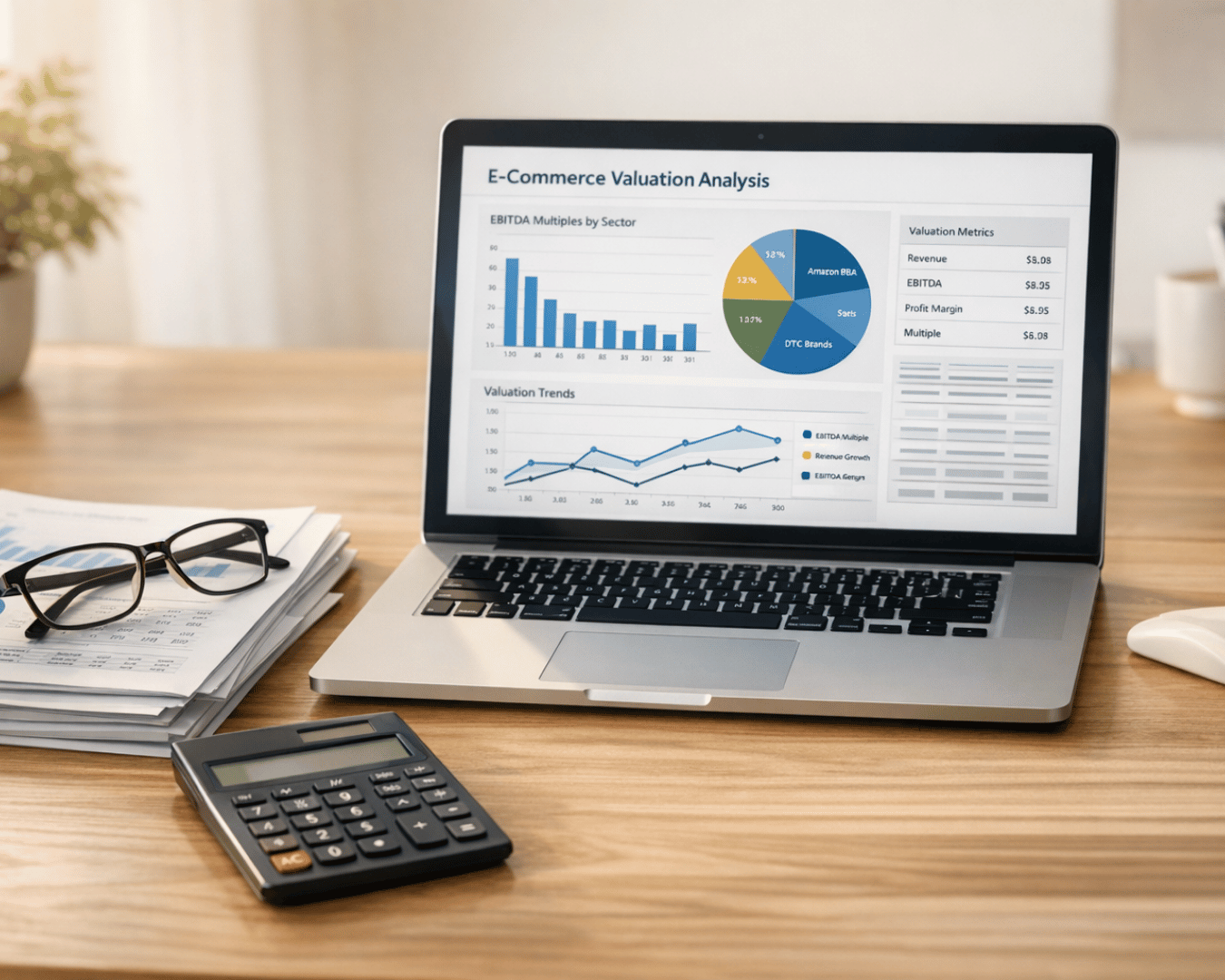









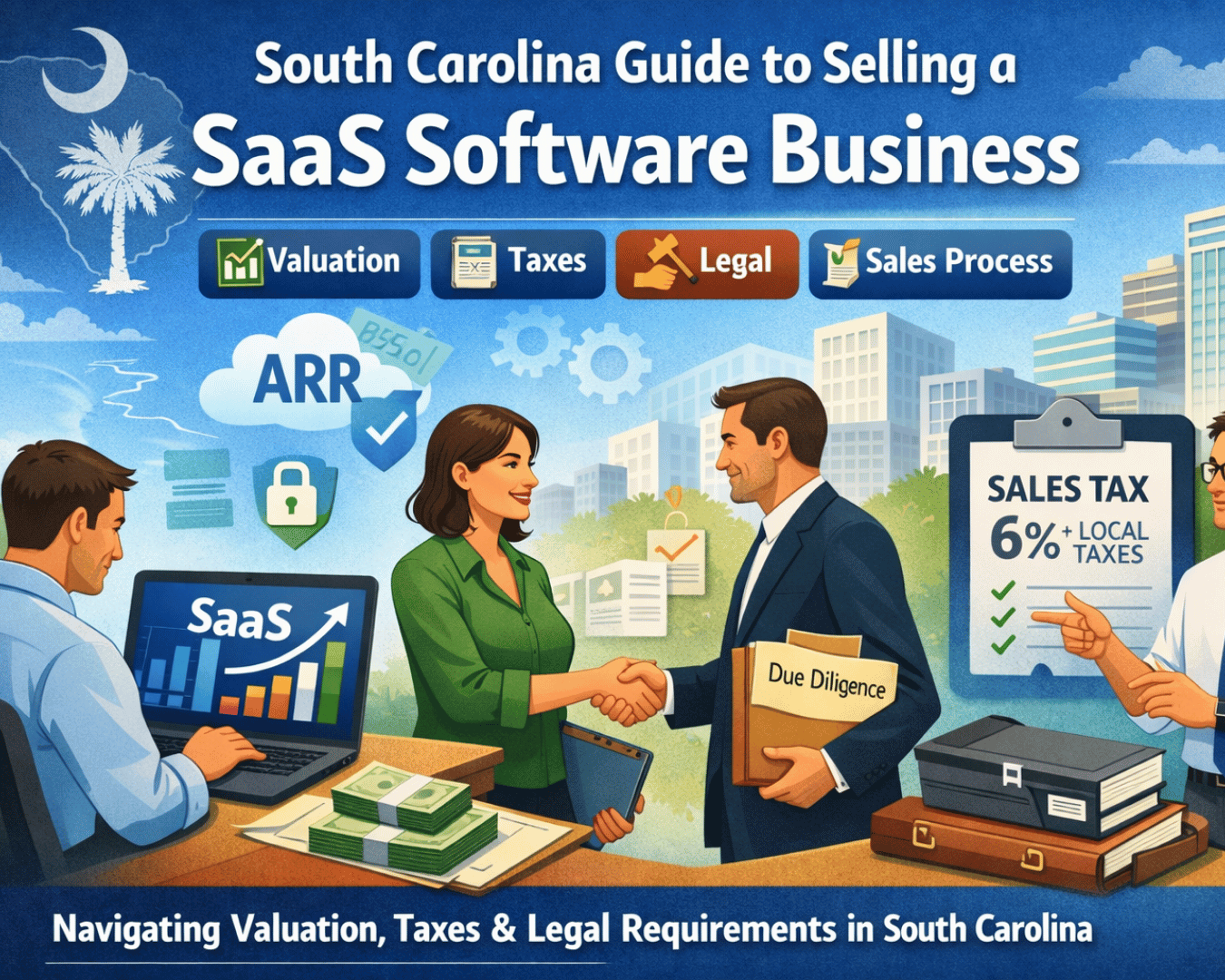







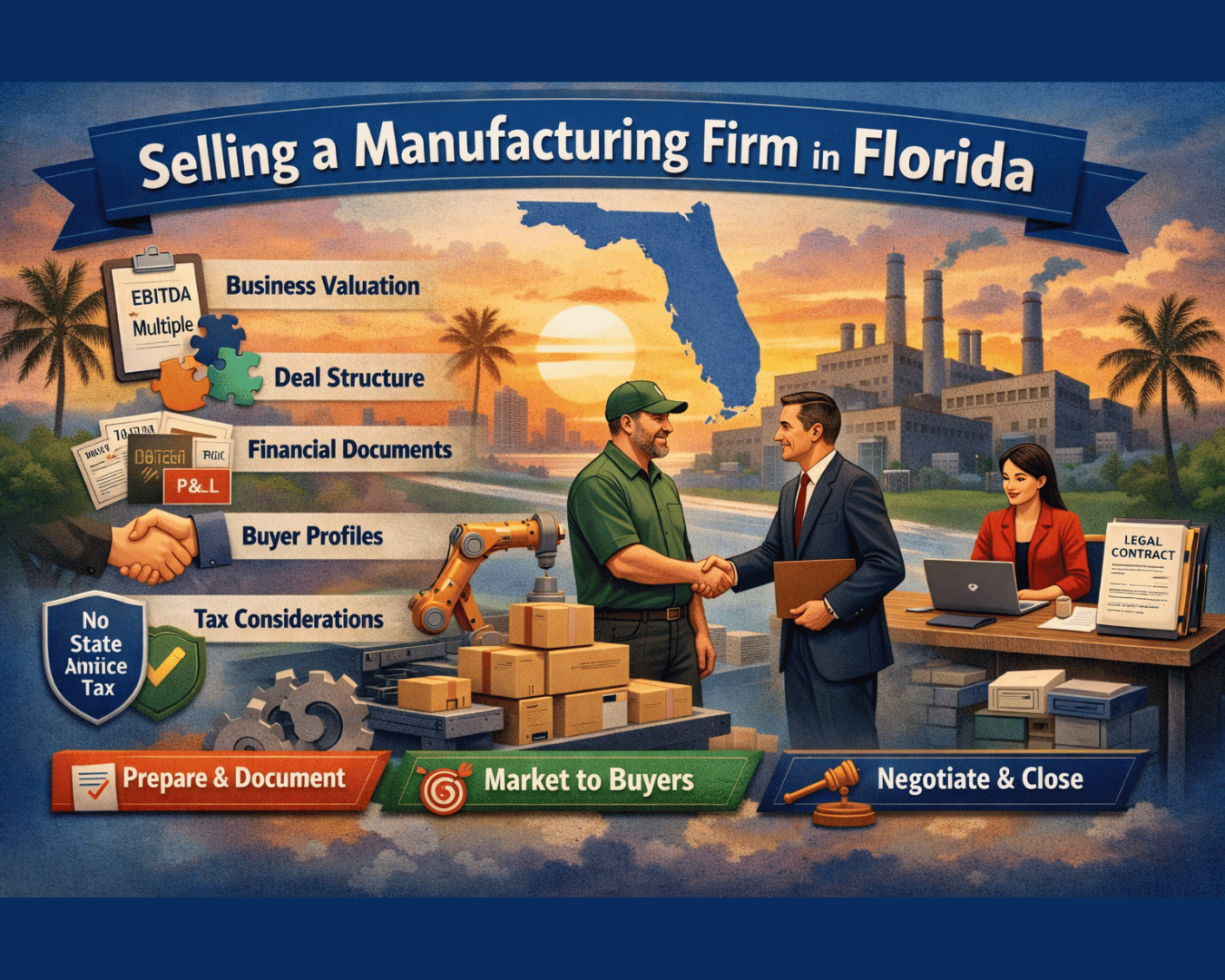
%20in%20a%20%2420M%20Sale..png)
%20vs.%20Conventional%20Loans%20for%20business%20acquisition.png)






















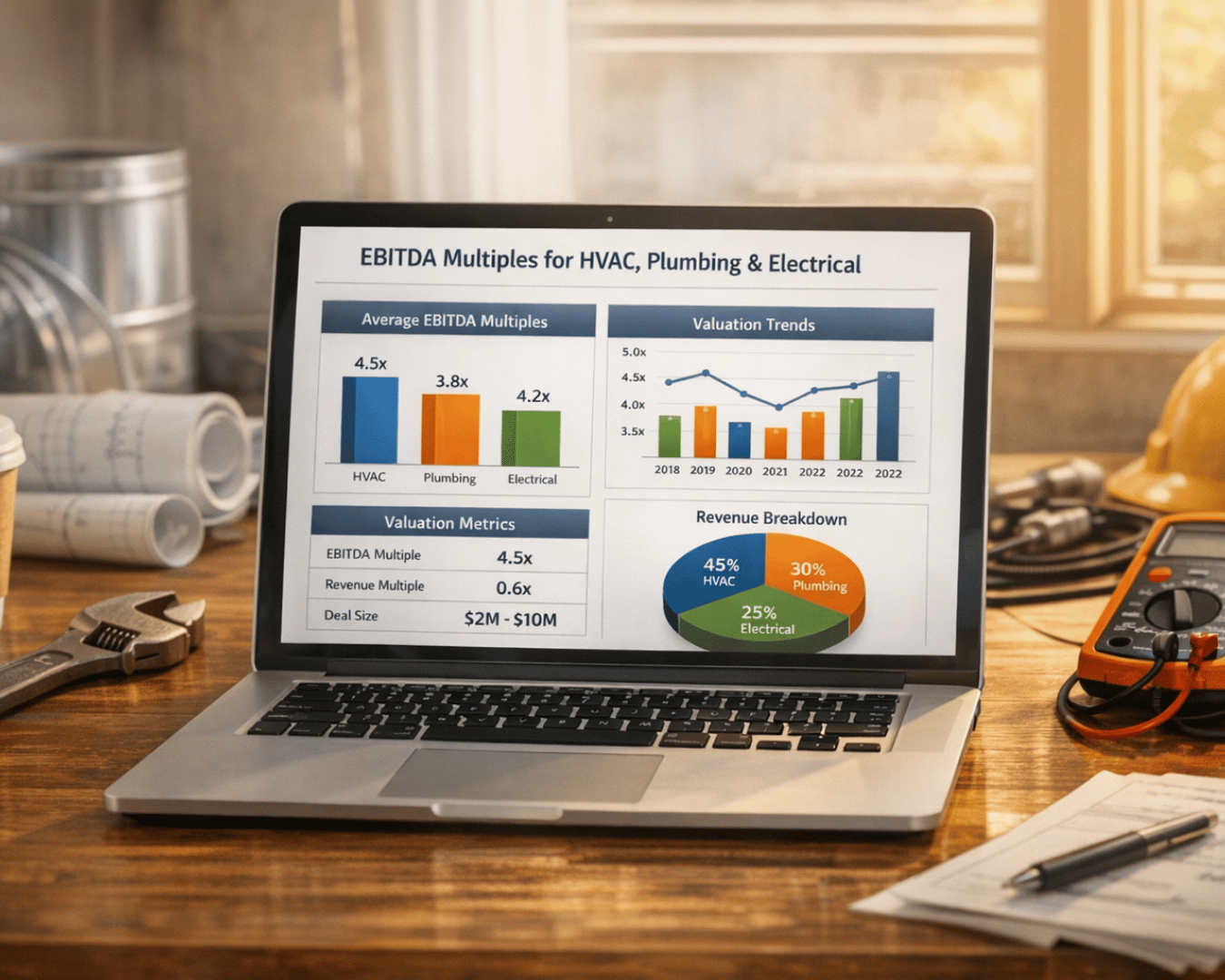
.png)


.png)
.png)

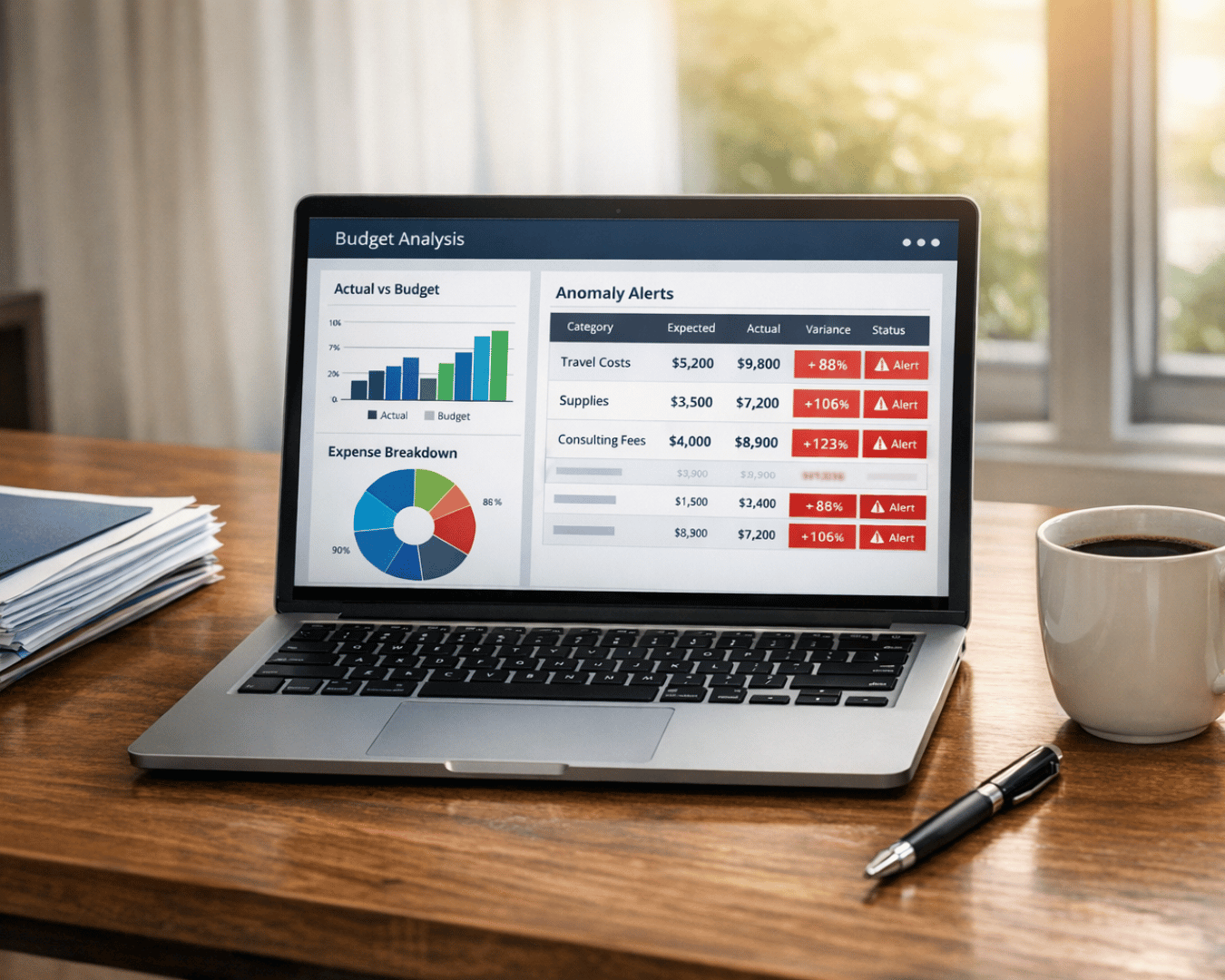

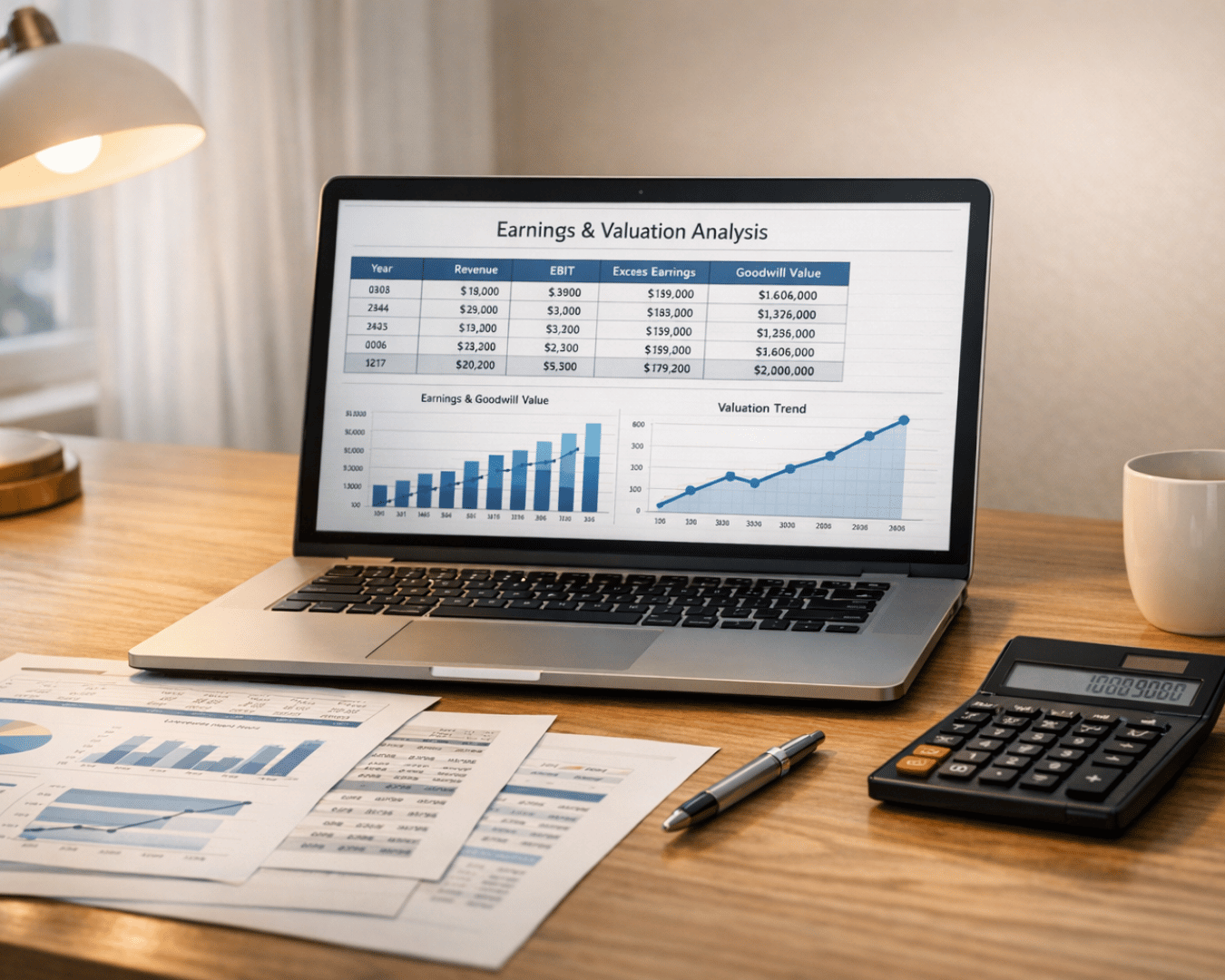








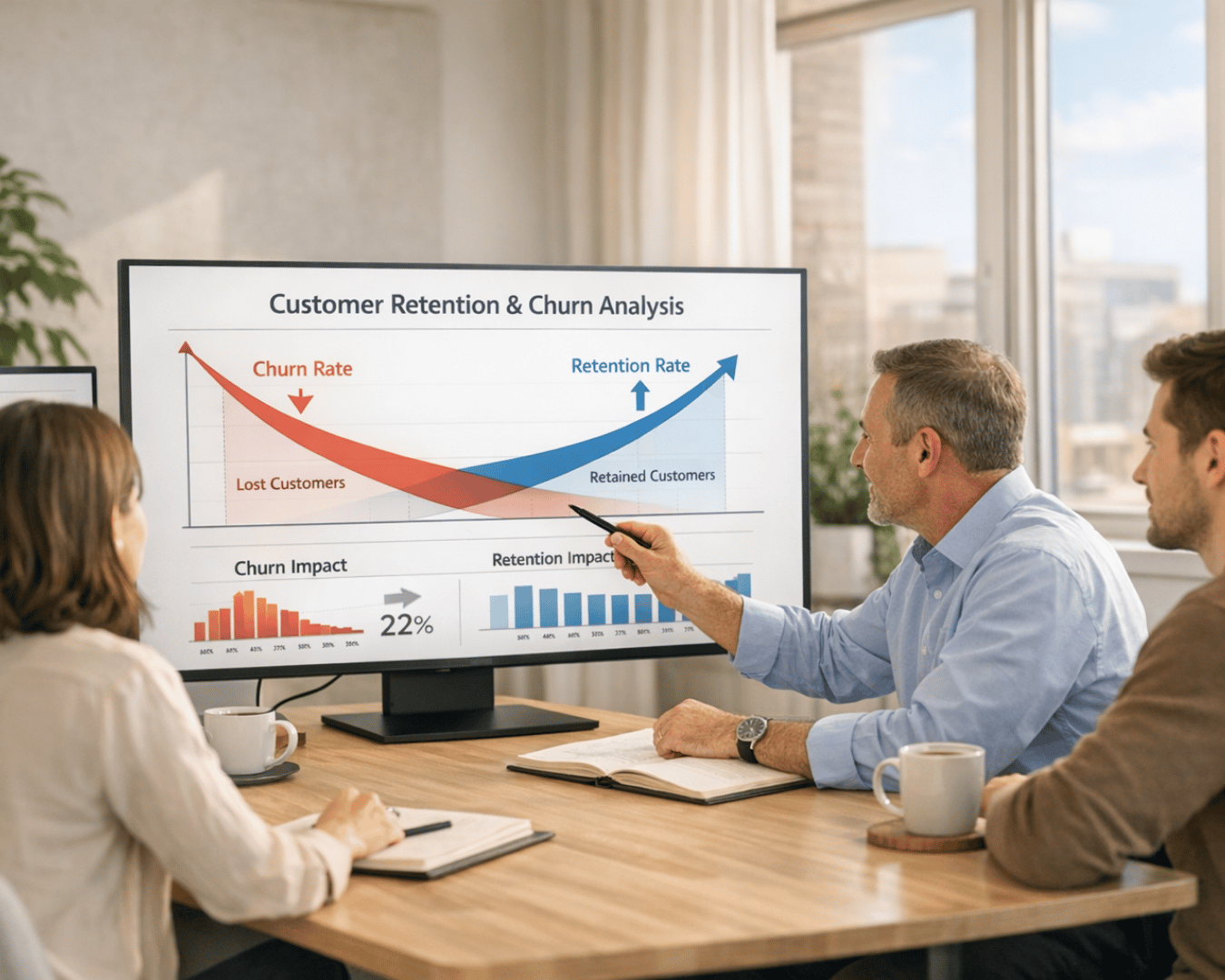










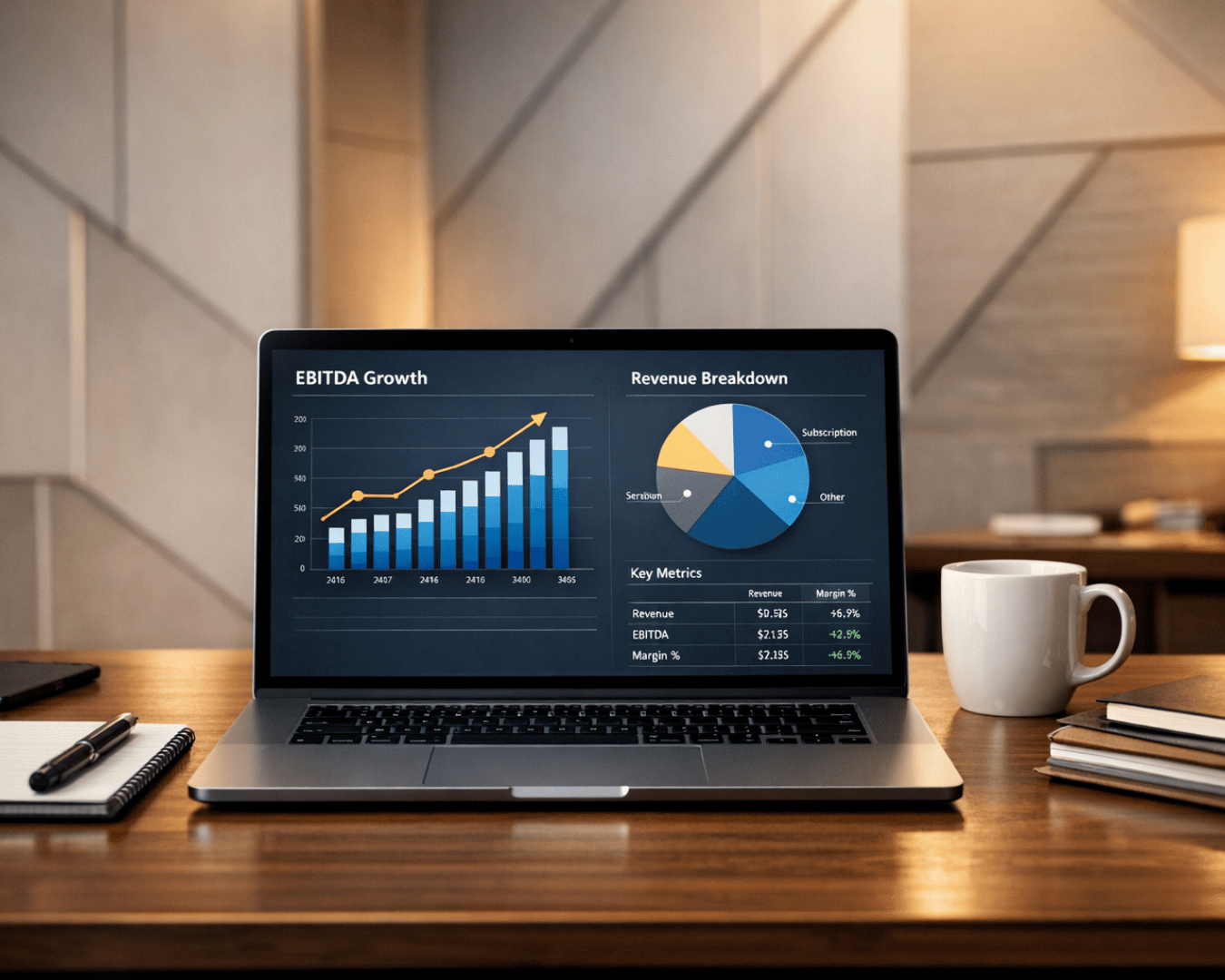










.png)
